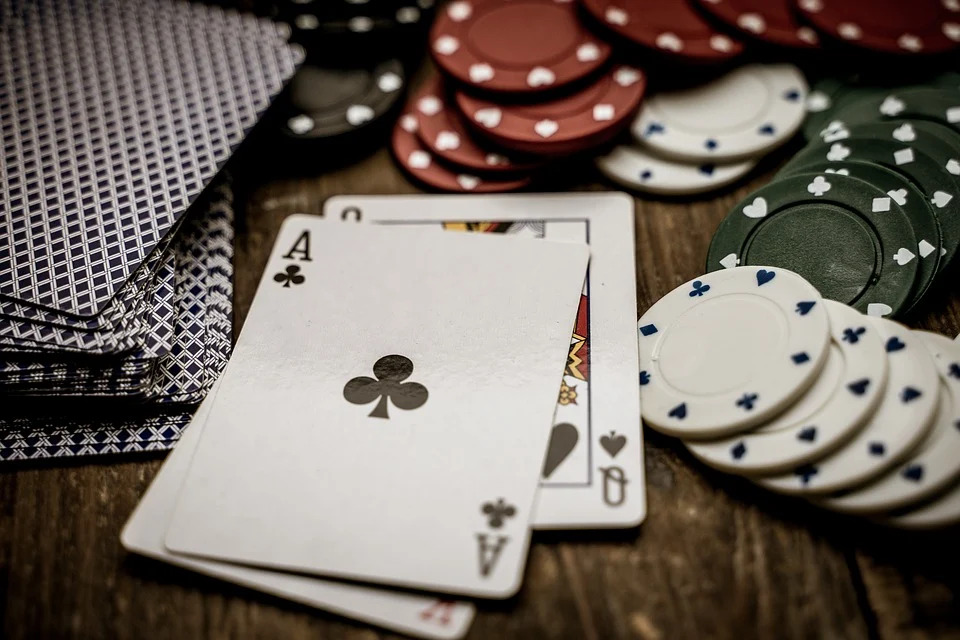Gambling seems to involve a lot of fun, excitement and the prospect of winning big. This explains why a large number of Americans gamble, with some even betting significant amounts. Every individual who gambles has a certain motivation for indulging in the activity. For some, it is an opportunity to socialize. There are others for whom gambling is a means of escaping their negative moods.
A positive mood leads to an increase in gambling
It is important to understand how the reward system of one’s brain works. Once this is done, it becomes easier to examine the psychology of gambling. A very obvious aspect of this activity is that the outcome cannot be predicted. There’s always an excitement or thrill associated with activities with unpredictable outcomes. When an element of reward is added to such an activity, the thrill nearly doubles.
Over the years, many studies have been done on the effects of mood on gambling. Generally, they indicate that an individual tends to gamble more when his or her mood is positive. When in a good mood, he or she may also drink more alcohol while gambling. This is true with both gambling in casinos as well as indulging in the activity online.
The gambler’s fallacy
This phenomenon is believed to have originated in the summer of 1913 at Casino de Monte-Carlo. It happened during the game of roulette, when the ball kept falling in black 26 times in a row. Those betting against black lost enormous amounts of francs as a result. All of them incorrectly assumed that the ball would fall in red after falling in black many times.
The gambler’s fallacy is the assumption that an event is unlikely to occur again if it occurred frequently than expected. Many of the psychologists consider it as one of the cognitive biases.
An increased hope of winning
There was a study done on individuals betting on racetrack horses. Some of them were asked to estimate the chances of their favored horse winning. They were asked to do this before and after placing their bet on the horse. It was observed that they had greater expectations of their horse winning after placing the bet.
The bandwagon effect
This tendency can be understood by taking voting as an example. Some individuals vote for those parties or candidates who have higher chances of winning. This is done to ensure that they are on the side of the winner when the result is announced. So, the bandwagon effect comes from the phrase ‘jump on the bandwagon’. It indicates that people usually do what the majority is doing.
One can find this tendency in the world of gambling as well. A beginner wanting to increase the chances of winning will always bet on what most gamblers are betting on.
Superstitions in gambling
In a way, gambling is just a game of chance. Despite this fact, many of the gamblers think they can create a system or method to ensure their win. Some of them make predictions using random numbers they believe would bring them luck. A few others perform some sort of ritual to keep winning. Whatever the behavioral patterns, it is necessary to prevent an addiction to gambling. A beginner is more likely to become an addict and lose money playing the wrong games.
Fortunately, there are some websites that provide detailed information about the most trusted online casinos. This site also gives gambling enthusiasts the best advice on ‘responsible gambling’ and some slots to try for free. For more details visit www.casinosjungle.com


